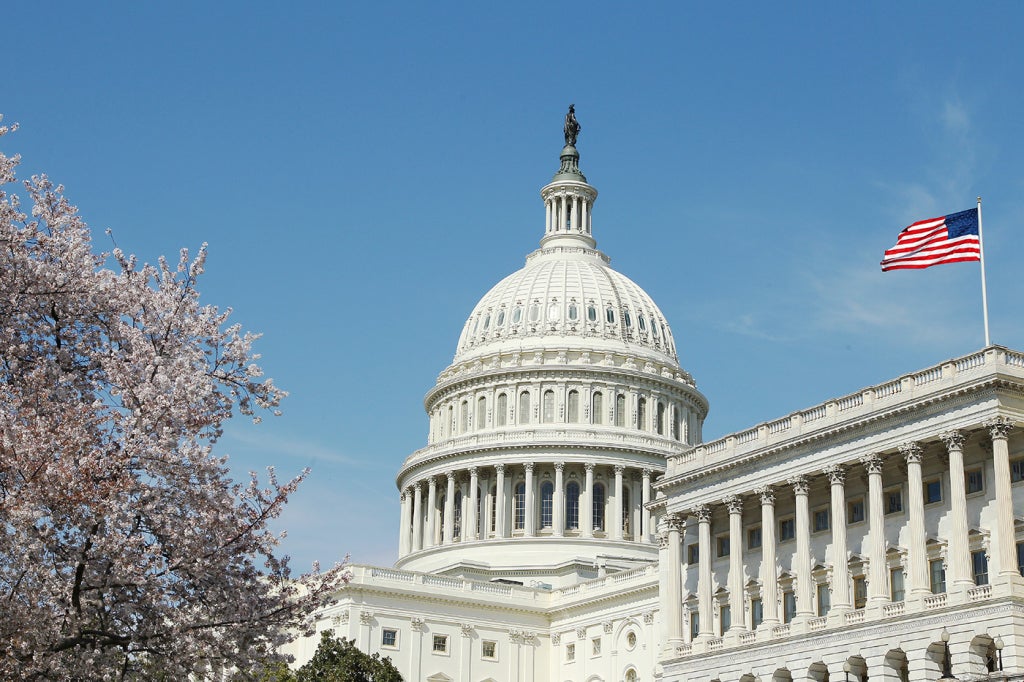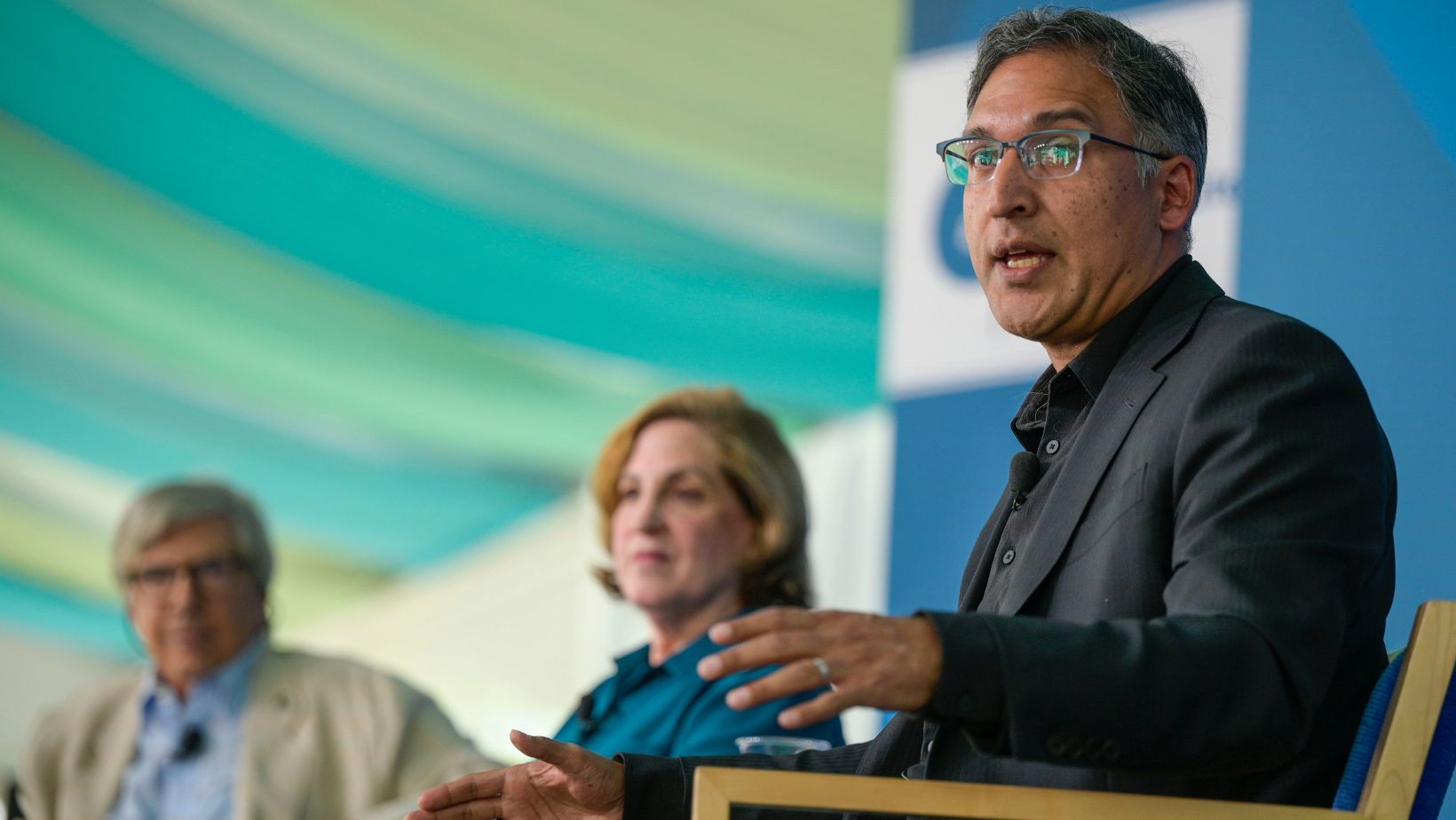
(Photo Credit: istockphoto)
The Pluribus Project, a special initiative with the Aspen Institute, brings together the brightest people shaping the future of political campaigns and works with them to identify innovations in what it takes to win elected office so that our government works more effectively on behalf of broad public interests.
Today, 14 “Political Game Changers” have been named to advance this mission. Below, Pluribus Project Executive Director Lucas Welch explains why changing the way we elect officials is critical to ensuring our government is part of the solution rather than the problem in addressing the myriad of challenges we face as a nation.
Does our representative democracy serve the people? You don’t have to be a pollster to know that many Americans today would answer, “no” (or maybe “hell no”) to that question. People understand that to play the game effectively in today’s political campaigns, candidates usually rely either on big moneyed interests or the most angry and extreme fringes of our society.
Of course, political campaigns are not just a “game.” Our elected officials heed in office those who they need on the campaign trail. This means the full force of our federal government — whether it is setting policy for our economy, our environment, or our security — can be bought by the highest bidder or held hostage by hysteria. The result of our campaign system is an ineffective government and a disengaged, distrustful, and increasingly frustrated electorate.
It is tempting, given the current spectacle that is our presidential campaign and the chronic gridlock on Capitol Hill, to focus our frustration with the status quo on the politicians themselves. But that focus obscures some basic realities: no single individual, even a president, can remedy the distortions in our system of representation today. Unless we can alter the fundamental incentive structure of what candidates need to win we should not be surprised at who our elected officials heed once in office.
Such a political transformation can sound far-fetched, particularly given the sorry state of today’s campaigns and how entrenched many of the players are. But consider the profound technological, demographic, and social shifts our society is currently undergoing. Standard practices in every sector are getting disrupted, and political campaigns are no exception. That does not mean they will get “better” — but they will change in the next 10 years. The question is how?
Today we are proud to announce “14 Political Game Changers” that we believe are capitalizing on those shifts and could disrupt the way campaigns are won so that our politics are more responsive to broad public interests. We believe that fixing our campaigns is not a partisan issue, and our portfolio of innovators reflects that. These 14 individuals are working on projects such as:
- Research by the lead digital strategist in three successive Republican presidential campaigns to increase turnout in primary elections so elected officials are more reflective of their electorates
- An open-source application to improve volunteer canvasing, developed by an active military serviceman and adopted by the Bernie Sanders campaign so all campaigns can deploy people power more effectively
- A mobilization effort by the largest Libertarian student group to install ad-blocking software and engage in online forums so they make decisions by informed discourse instead of political advertisements
- An online peer-to-peer platform for Walmart employees to communicate and organize in a distributed manner
Thanks to support from many of the leading American foundations, we are contributing financially to these projects, but we know that we cannot do it alone. If we are going to help cultivate a republic for the people, the effort needs to be of and by the people.
Our new crowdfunding campaign will enlist the support of the many so we can get these projects properly into play in this election cycle and show the political establishment that the many are not satisfied with the status quo.
If we capitalize on our unique capacity to innovate as a nation, we believe we can transform the way our campaigns are won and take a step closer to ensuring that we genuinely are a republic of the people, by the people, and for the people.

